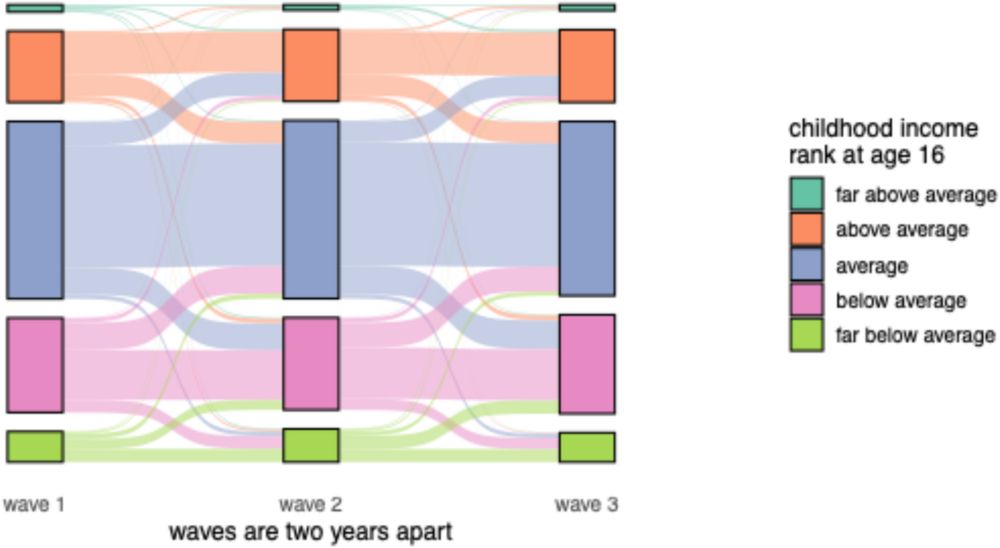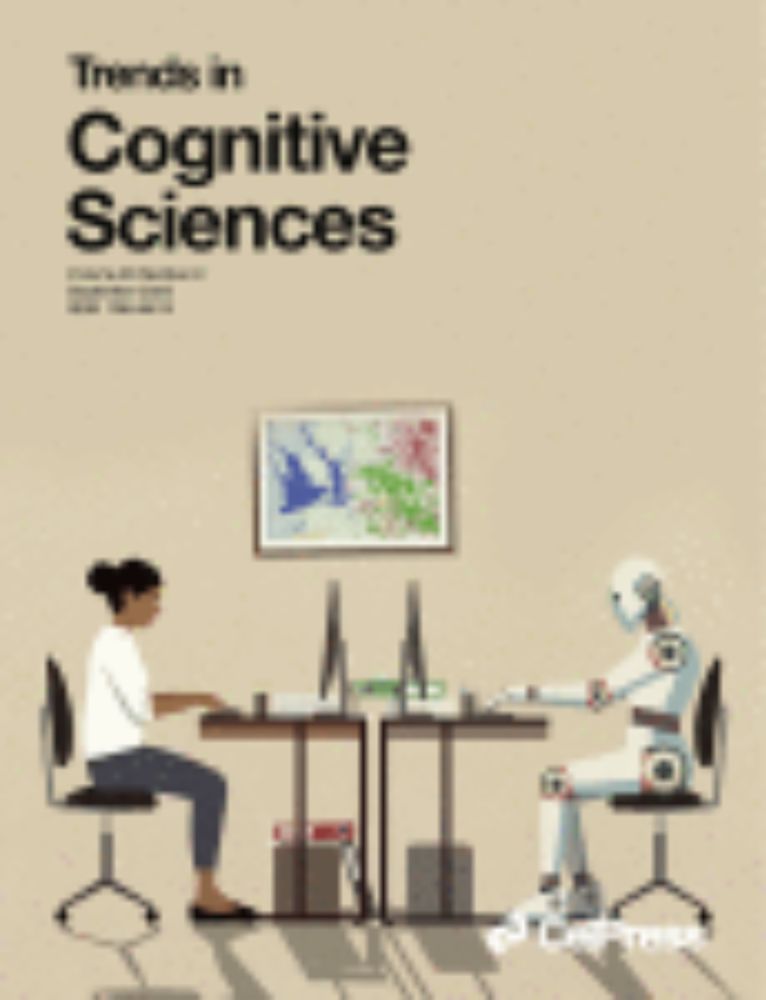authors.elsevier.com/a/1ko4ncAwkr...

This leads people to radically overestimate the degree to which political outgroup members support immoral actions
Democrats and Republicans are both off in their estimates. academic.oup.com/pnasnexus/ar...

This leads people to radically overestimate the degree to which political outgroup members support immoral actions
Democrats and Republicans are both off in their estimates. academic.oup.com/pnasnexus/ar...

I uploaded the classic Watson & Crick paper about DNA structure, and the Adviser had this to say about one of the greatest paper endings of the century:

I uploaded the classic Watson & Crick paper about DNA structure, and the Adviser had this to say about one of the greatest paper endings of the century:

Red flags during a literature review led to the discovery of over 200 papers on animal models of stroke with duplicated images, which is likely an underestimate.
www.the-scientist.com/40-percent-o...

Red flags during a literature review led to the discovery of over 200 papers on animal models of stroke with duplicated images, which is likely an underestimate.
www.the-scientist.com/40-percent-o...
By @callimcflurry.bsky.social
#neuroskyence
www.thetransmitter.org/psychedelics...

By @callimcflurry.bsky.social
#neuroskyence
www.thetransmitter.org/psychedelics...


Contents of visual predictions oscillate at alpha frequencies
www.jneurosci.org/content/earl...
#neuroscience

Contents of visual predictions oscillate at alpha frequencies
www.jneurosci.org/content/earl...
#neuroscience
- Glen Gabbard
- Glen Gabbard
The University of Iowa Department of Neurology is recruiting for its two-year APPCN-Member Postdoctoral Fellowship Program in Clinical Neuropsychology. Learn more below and by visiting the fellowship website:
medicine.uiowa.edu/neurology/ed...

The University of Iowa Department of Neurology is recruiting for its two-year APPCN-Member Postdoctoral Fellowship Program in Clinical Neuropsychology. Learn more below and by visiting the fellowship website:
medicine.uiowa.edu/neurology/ed...
doi.org/10.1007/s112...
🧵👇 (1/5)

It examines 177 reports of aperiodic activity in clinical disorders summarizing findings, discussion topics, & making some recommendations!
onlinelibrary.wiley.com/doi/10.1111/...

It examines 177 reports of aperiodic activity in clinical disorders summarizing findings, discussion topics, & making some recommendations!
onlinelibrary.wiley.com/doi/10.1111/...

(a) NIH should run its own journal, in house, that pays reviewers for their time and waives all publication fees for any NIH funded project.
(b) Publication fees for any other journal are then not an allowable budget line on NIH grants.
Request for Information on Maximizing Research Funds by Limiting Allowable Publishing Costs
grants.nih.gov/grants/guide...
(a) NIH should run its own journal, in house, that pays reviewers for their time and waives all publication fees for any NIH funded project.
(b) Publication fees for any other journal are then not an allowable budget line on NIH grants.
The joy.
One of my sources wept for joy. He has spent his entire career studying this disease, he said it was the happiest day. www.sciencenews.org/article/hunt...

The joy.
One of my sources wept for joy. He has spent his entire career studying this disease, he said it was the happiest day. www.sciencenews.org/article/hunt...
Despite rich theory on links between temperament and personality, they're rarely studied together. This has left major unaddressed questions.
We tackled these questions by looking at how temperament and personality develop together from ages 10-26.
Brief thread...

Despite rich theory on links between temperament and personality, they're rarely studied together. This has left major unaddressed questions.
We tackled these questions by looking at how temperament and personality develop together from ages 10-26.
Brief thread...
psycnet.apa.org/doiLanding?d...
@apajournals.bsky.social
psycnet.apa.org/doiLanding?d...
@apajournals.bsky.social

Now featuring PET data integration with electrophysiology and MRI.
neuroimage.usc.edu/brainstorm/T...
Open source, free, for anyone interested (>50,000 users registered so far, >4,500 studies published.)

Now featuring PET data integration with electrophysiology and MRI.
neuroimage.usc.edu/brainstorm/T...
Open source, free, for anyone interested (>50,000 users registered so far, >4,500 studies published.)
✈️Financial support for travel to INS Philadelphia 2026!!
✍️Applications will be accepted between September 5 and October 15
👀More details: the-ins.org/about-ins/in...
✈️Financial support for travel to INS Philadelphia 2026!!
✍️Applications will be accepted between September 5 and October 15
👀More details: the-ins.org/about-ins/in...
ins-2026-philadelphia.oa-event.com
ins-2026-philadelphia.oa-event.com


